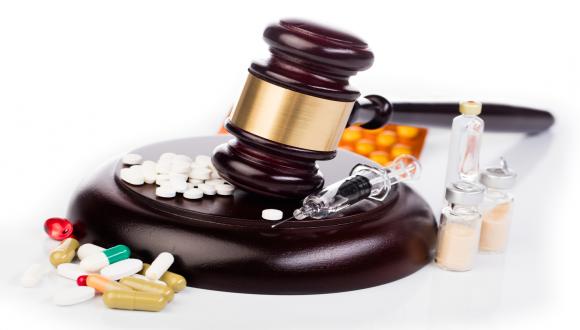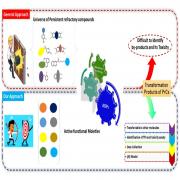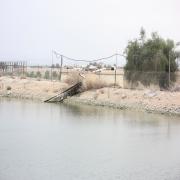Pharmaceuticals in the environment - legislation and regulation processes: evaluation, challenges, and recommendations
In collaboration with Prof. Alon Tal, Department of Public Policy, TAU
In collaboration with Prof. Alon Tal, Department of Public Policy, TAU
Concerns about pharmaceuticals in the environment are increasing, mainly due to the lack of knowledge about the fate and impact of these compounds in the water cycle. After their therapeutic use, pharmaceuticals are released in raw sewage water and when waste water treatment is inefficient – or does not exist at all, they can be discharged into rivers, streams, or lakes. These compounds are detected in treated wastewater, which is the main source of water contamination. Effluents containing micropollutants will enter aquatic water cycles as rivers, groundwater and drinking water by direct discharge, irrigation, or artificial recharge. Many pharmaceutical substances have already been shown to produce adverse effects on aquatic and terrestrial organisms. Concentrations of many micropollutants in drinking water are limited under the existing legislation, but pharmaceutical residues are not commonly subject to environmental monitoring or regulations, even though they have potential adverse effects on human and ecosystem health.
The main objective of this study is to compare different strategies and regulatory perspectives from different countries, discuss the legislative and regulatory challenges involved in addressing pharmaceutical residues, and to create a list of recommended pharmaceutical standards that should be measured and monitored, and regulative recommendations for policy makers locally in Israel and internationally.





